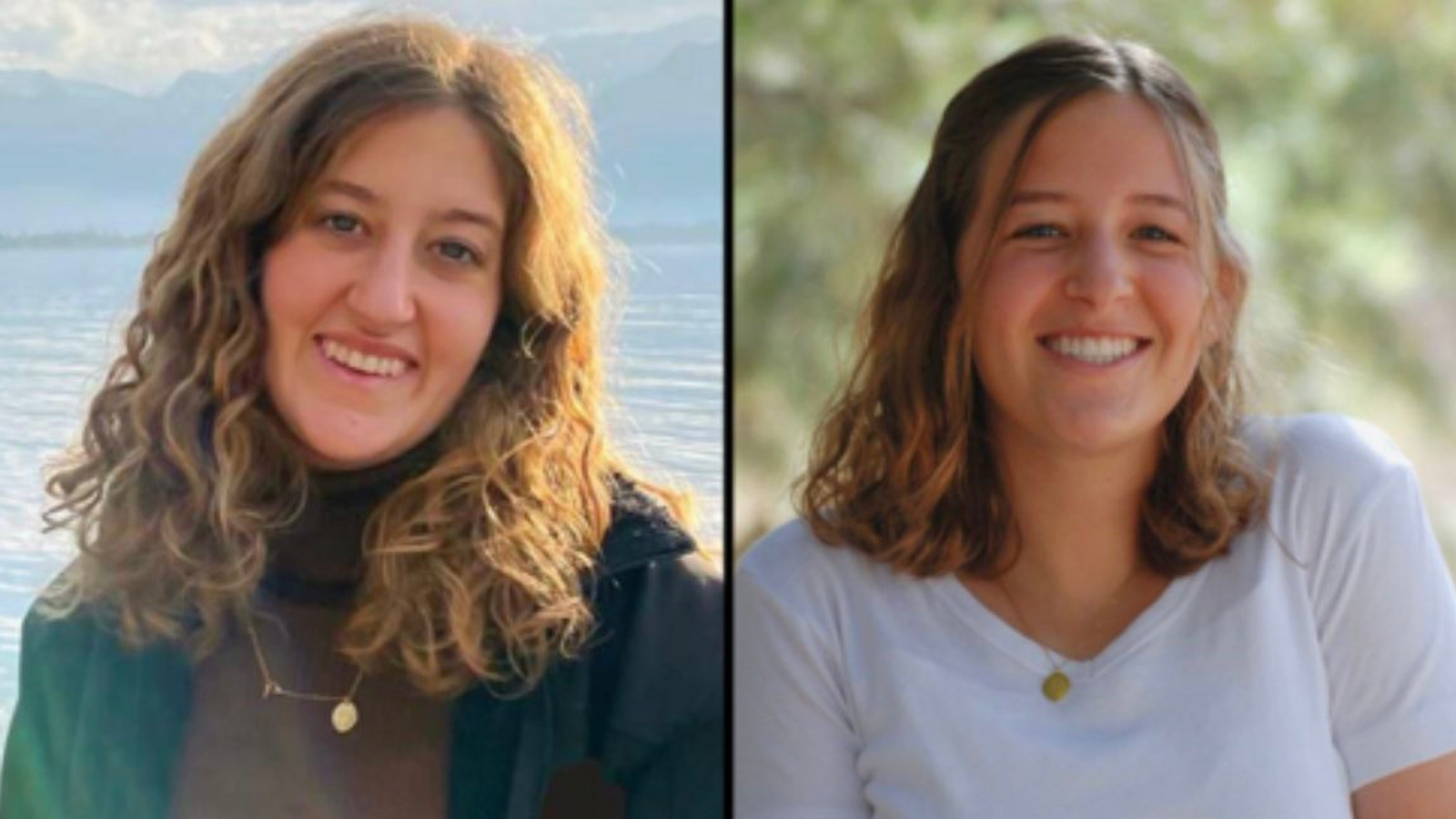Benjamin Netanyahu names British-Israeli sisters killed in West Bank shooting

Two British-Israeli sisters who died in a shooting in the West Bank have been named by Israel’s prime minister, Benjamin Netanyahu.
One of the sisters was 15 and the other was 20, according to local media.
Their mother was also seriously injured in the attack near the Hamra settlement – about 30 miles north of Jerusalem – and had to be airlifted to hospital.
Their father witnessed the incident from a separate car following behind, local officials said.
The family lived in the Efrat settlement, near the Palestinian city of Bethlehem, according to its mayor Oded Revivi.
Mr Netanyahu shared his “condolences” with their relatives on Twitter on Saturday evening.
He also named the “wonderful sisters” as Maya and Rina, while sharing a picture of the pair.
Sky News Middle East correspondent Ali Bunkall said it’s believed the British victims of the West Bank attack moved to Israel in around 2005.
Mr Netanyahu and defence minister Yoav Gallant visited the site of the shooting late on Friday.
Advertisement
“It’s just a matter of time, and not much time, until we settle the score,” Mr Netanyahu said on the visit.
Roadblocks were set up to try to find the attackers.
No group has claimed responsibility but a Hamas spokesman hailed it as “retaliation for the crimes committed by Israel in the West Bank and the Al Aqsa mosque“.
A UK Foreign Office spokesperson had said in an earlier statement: “We are saddened to hear about the deaths of two British-Israeli citizens and the serious injuries sustained by a third individual.
“The UK calls for all parties across the region to de-escalate tensions.”
Middle East minister Lord Ahmad said: “I condemn yesterday’s attacks in the West Bank, killing two British-Israeli nationals and injuring one other, and in Tel Aviv where an Italian national was killed and British nationals were injured.”
Shadow Foreign Secretary David Lammy said: “I am shocked by reports of the killing of two British sisters in an appalling and cowardly attack in the West Bank.
“My thoughts are with their family and loved ones. More civilian victims of this cycle of violence show the urgent need for diplomatic efforts to de-escalate.”